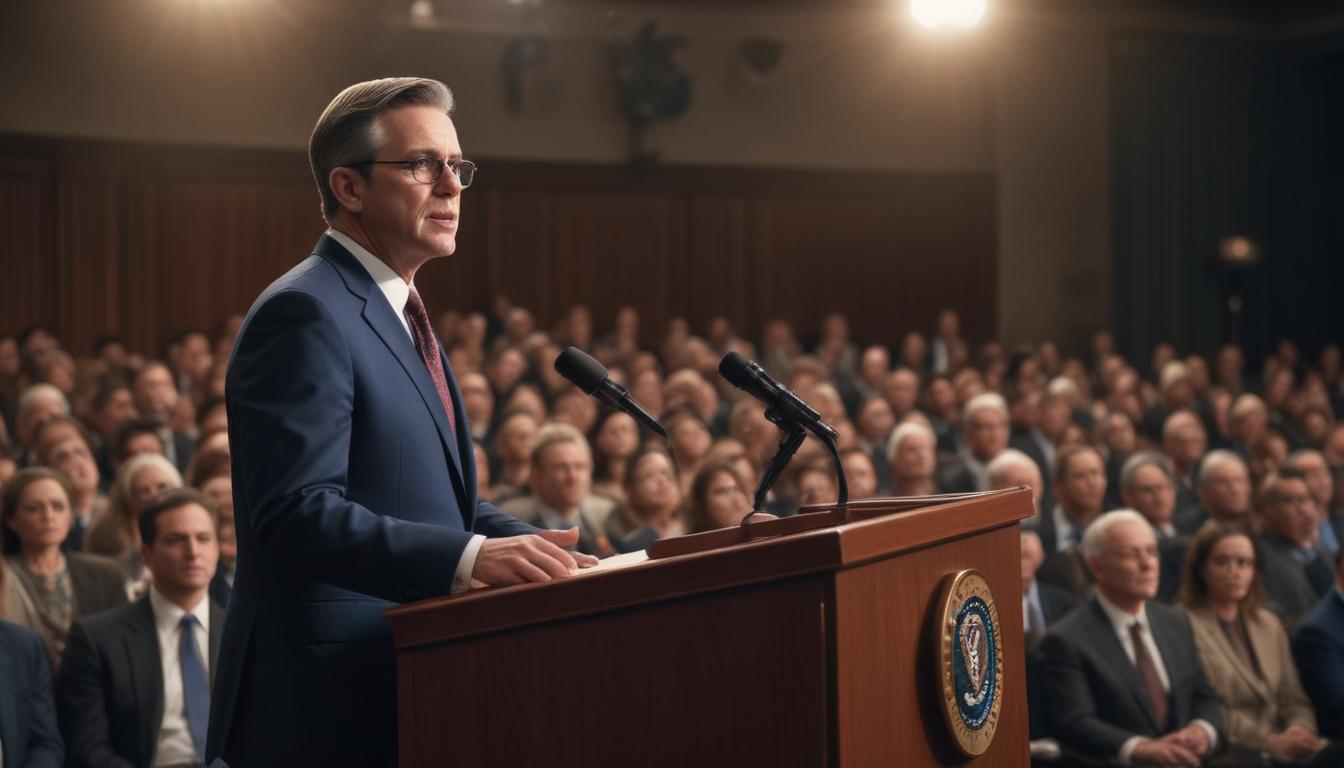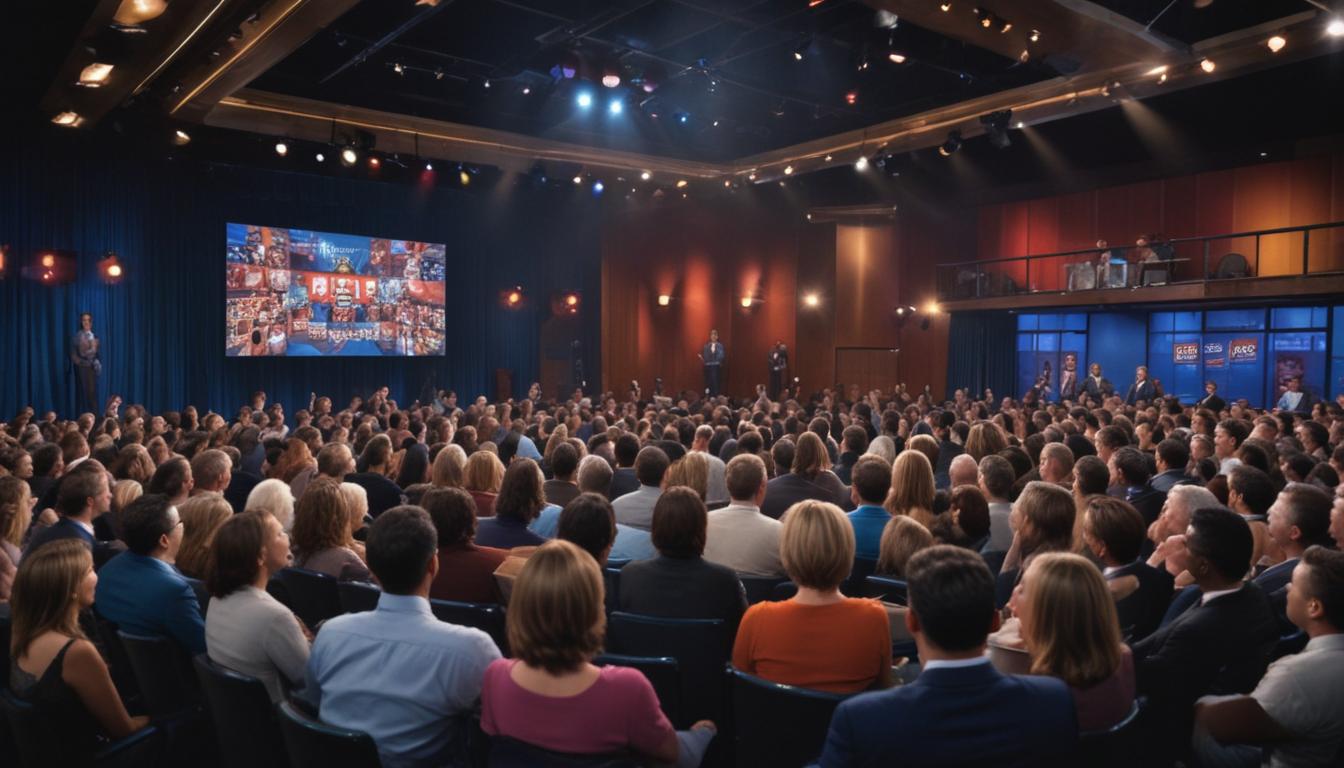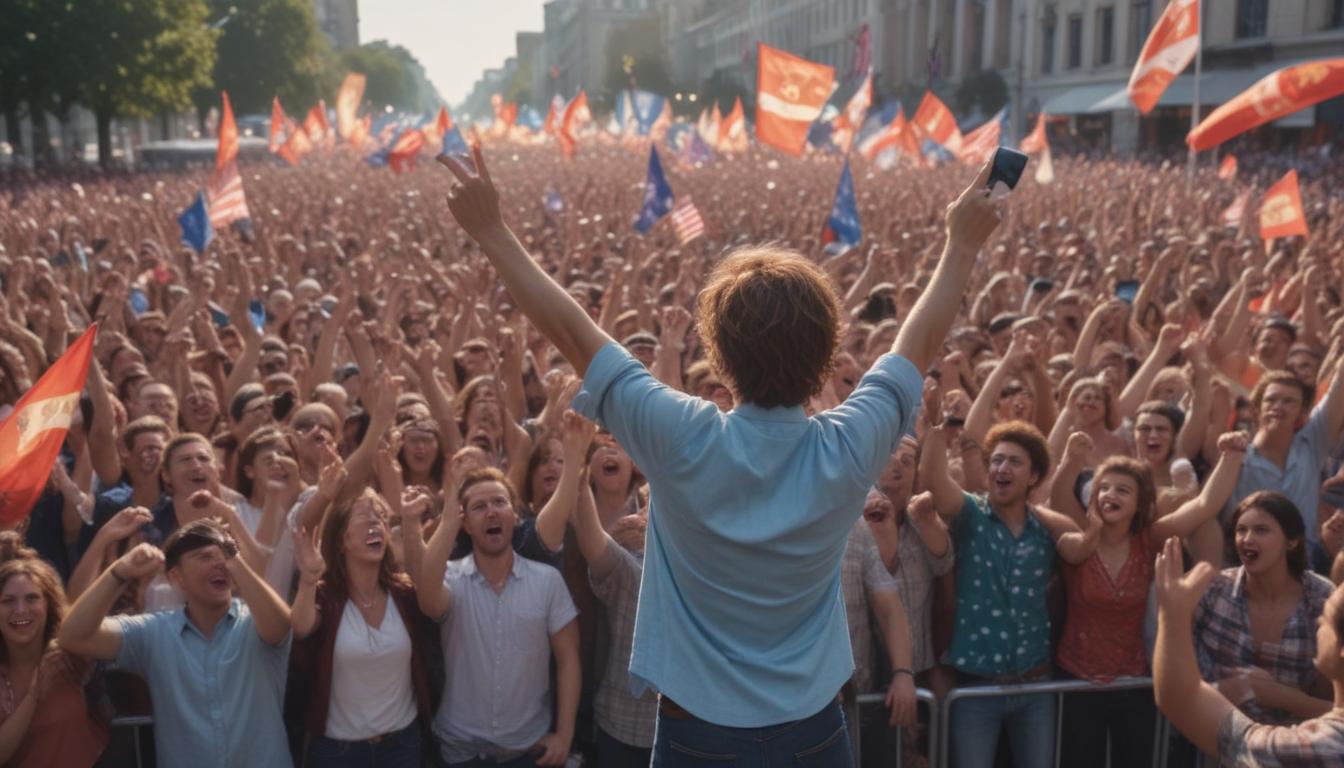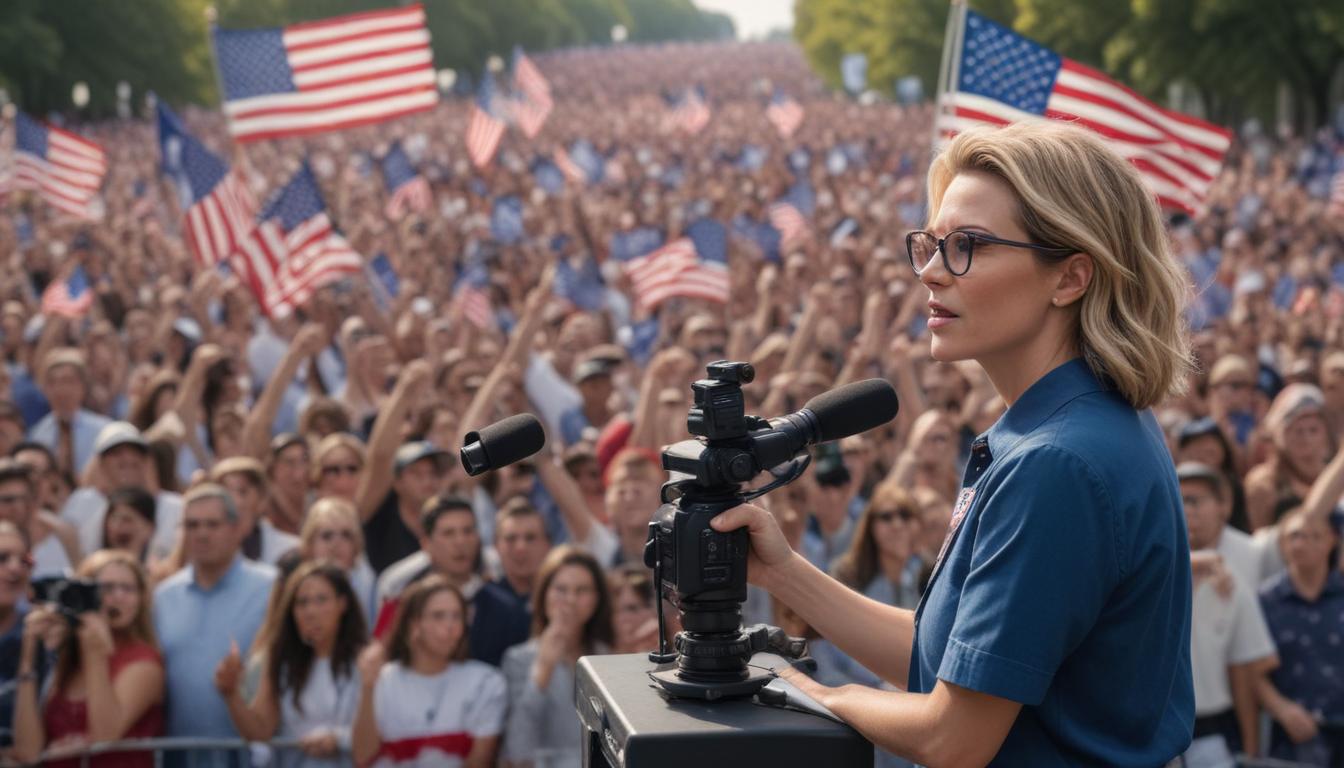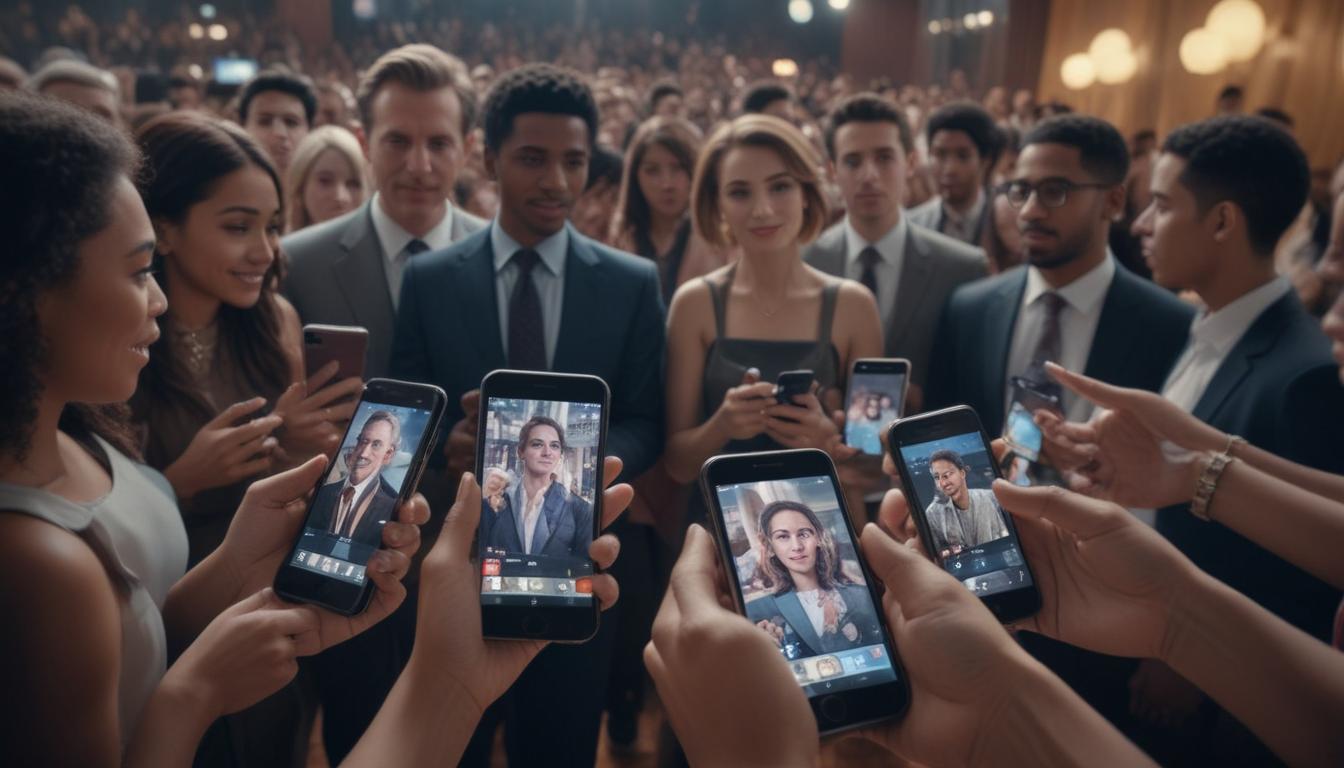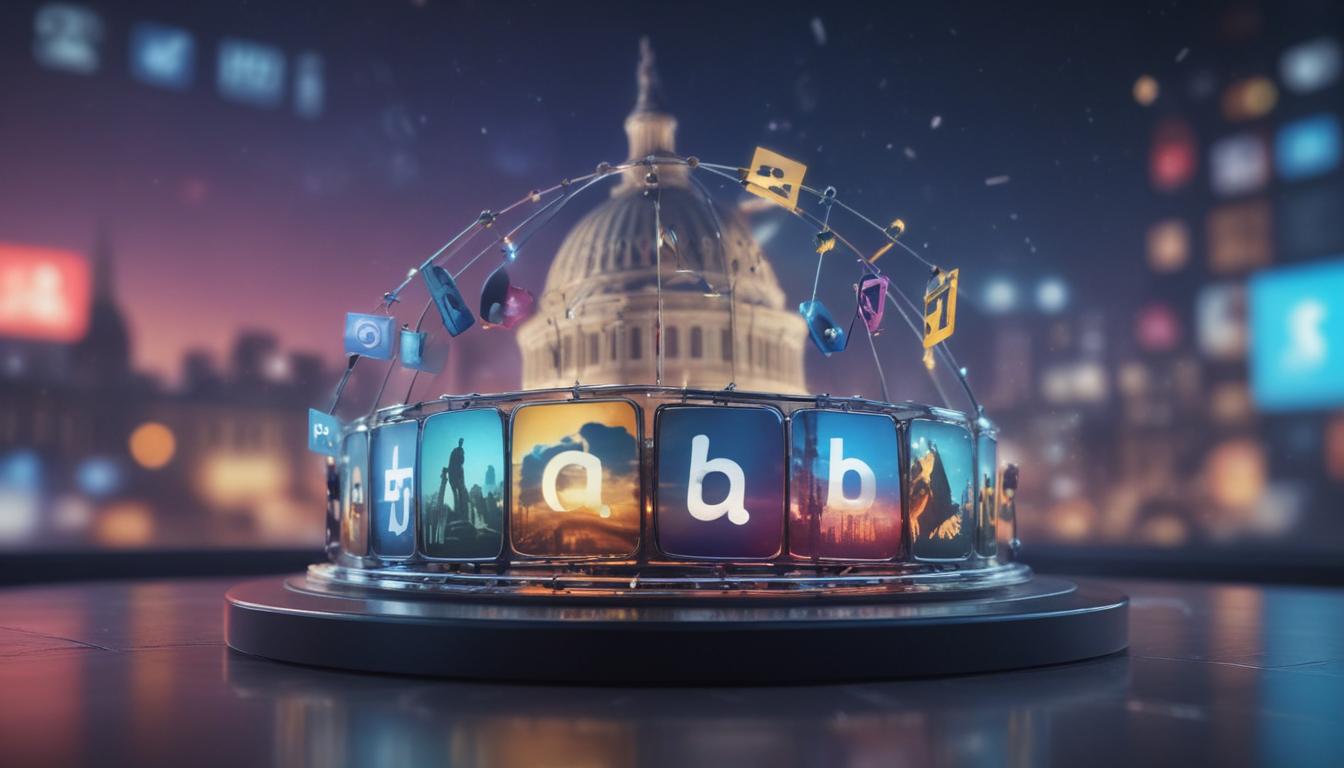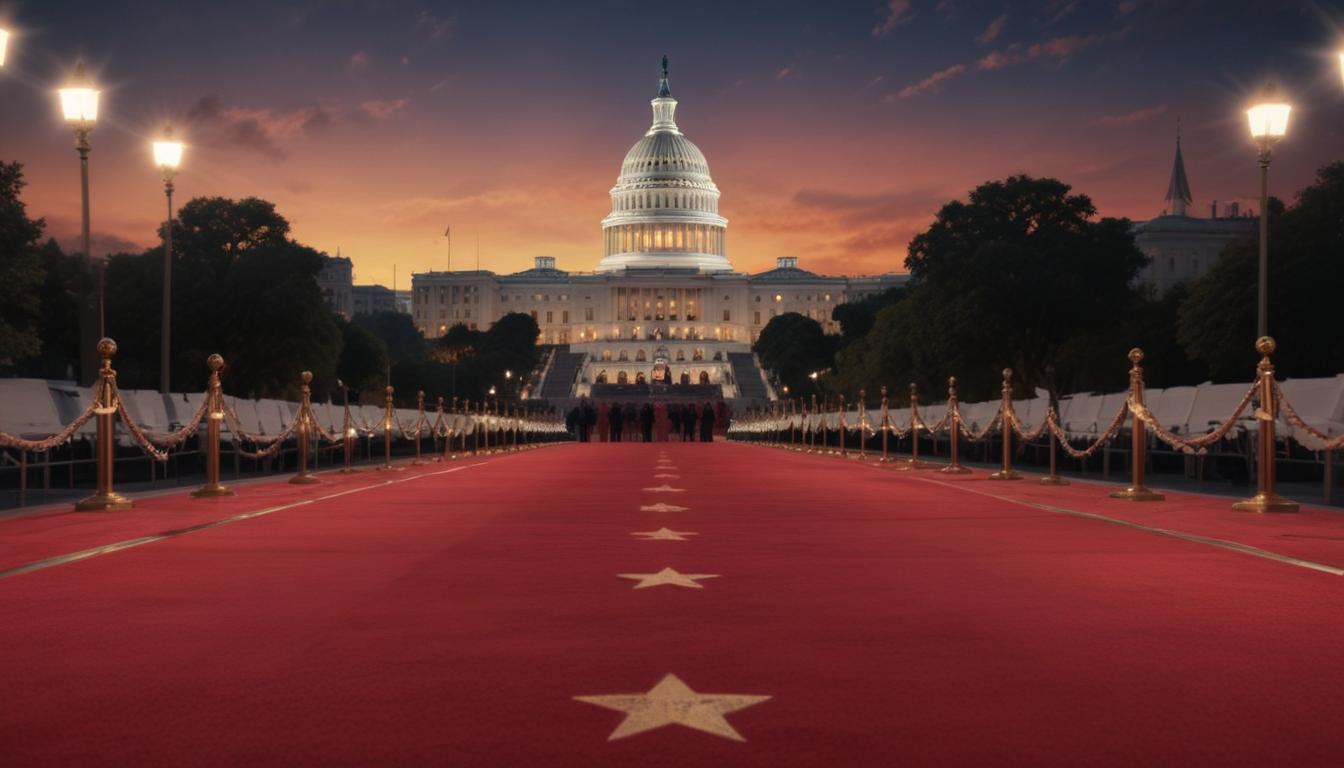Entertainment and Politics in the United States: Where Hollywood Meets Washington
The Intersection of Entertainment and Politics
The intersection of entertainment and politics in the United States is a powerful and multifaceted phenomenon. With celebrities influencing policy, shaping public discourse, and even running for high office, the lines between entertainment and political leadership continue to blur. Modern media platforms enable these influences to extend into our daily lives and shape current social narratives. Let’s delve into the key ways this intersection is shaping culture and democracy in America.
The Rise of Celebrity Politicians

The trend of celebrities entering politics is not new. Ronald Reagan, who transitioned from a successful Hollywood acting career to become the 40th President of the United States, epitomized the fusion of fame and governance. In more recent years, individuals like Arnold Schwarzenegger and Donald Trump have followed similar paths, leveraging their celebrity status and media savvy to secure political power.
Their ability to connect with the public, gained through their entertainment careers, often helped them overcome the perception of lacking formal political experience. This practice underscores the importance of name recognition and storytelling in modern democracy, where the narratives formed in the entertainment industry can drive political success.
Hollywood’s Political Influence

From powerful documentaries to socially conscious blockbusters, Hollywood has long been an influential force in shaping public opinion. Films like “12 Years a Slave” highlighting the grim legacy of slavery, or “The Day After Tomorrow” focusing on climate change, have sparked national discussions on these pressing issues.
Beyond the silver screen, many celebrities take a progressive stance, lending their voices to causes like LGBTQ+ rights, civil rights, and immigration. Their contributions often translate to heightened awareness, donations, and political advocacy. Hollywood’s role as a catalyst for societal change and a platform for political expression cannot be overstated.
Entertainment Media as Political Platforms

Late-night shows and satirical programs have redefined how we consume political news. Icons like Jon Stewart, Stephen Colbert, and Trevor Noah use humor and wit to discuss even the most serious issues, transforming traditionally dry political commentary into something engaging, especially for younger and diverse audiences.
The rise of social media adds another layer, enabling entertainers to share their political opinions directly with millions. This creates an environment where political education and entertainment coexist, often breaking down barriers to political awareness and participation. It’s a new frontier where media and activism work hand in hand.
Political Movements and Celebrity Activism

The role of celebrities as activists is more pronounced than ever. From marches for women’s rights to campaigns for voter registration, entertainers harness their social capital to drive meaningful change. Stars like Leonardo DiCaprio advocate for environmental conservation, while others like Lizzo advance body positivity and racial equity.
Such activism has the power to funnel vast amounts of resources and attention to causes while sparking global calls to action. Yet, with this influence comes the added pressure of being a role model, as their stances on issues are scrutinized by both supporters and critics.
The Controversies and Challenges

Not everyone agrees that the merging of entertainment and politics is a positive trend. Critics argue that celebrity involvement can dilute the complexity of policymaking and reduce elections to popularity contests. There is also the concern of oversimplification, where pressing issues are filtered into soundbites or overshadowed by personal charisma.
These controversies reflect the broader risks and rewards of this cultural phenomenon. They spark necessary debates about maintaining balanced political engagement while recognizing the entertainment industry’s contributions to advocacy.
Why This Intersection Matters

The combination of entertainment and politics serves as a mirror to society, revealing what we value, what inspires us, and how we respond to pressing issues. While it brings challenges, it also provides a compelling means to engage a broader audience in democratic discourse. From mobilizing votes to driving policy discussions, this intersection reflects the evolving nature of leadership and influence in the 21st century.
The key lies in finding a balance where entertainment can inform, inspire, and include, while maintaining policy depth and integrity.
“`

